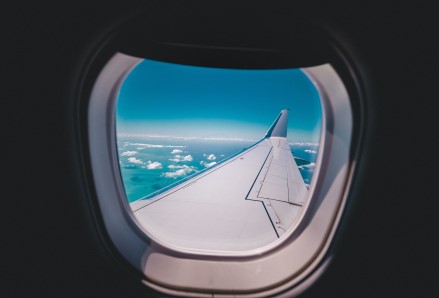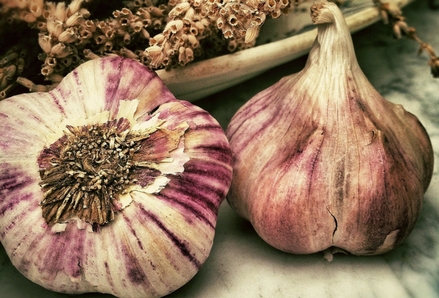When IAMAT was established in 1960, it was with a strong spirit of global community and a desire to live in a world where healthcare is accessible to all, no matter where or who you are. In honour of World Health Day, we take a look at migrant health, the barriers migrants face when accessing healthcare, and how universal coverage can make a difference. Migrant populations often arrive at their destination healthier than the native-born population, but they can face a range of health concerns that go unmet. Universal healthcare – having access to quality healthcare regardless of your ability to pay – is an opportunity to ensure that everyone, including travellers and migrants, get the medical care they ...









